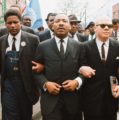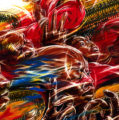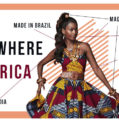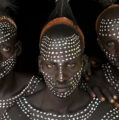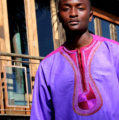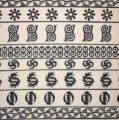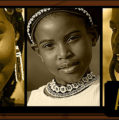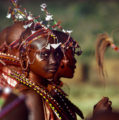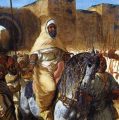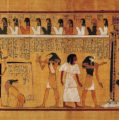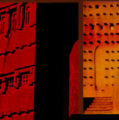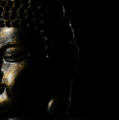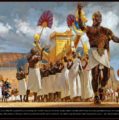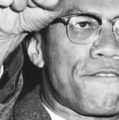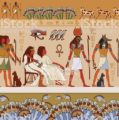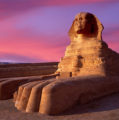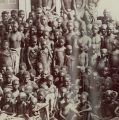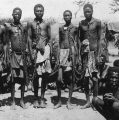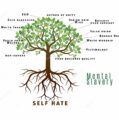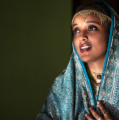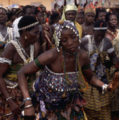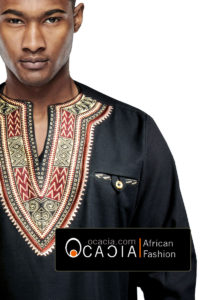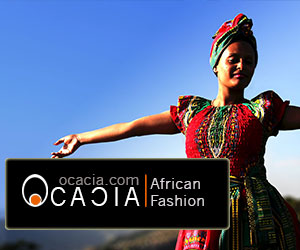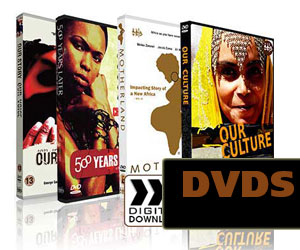
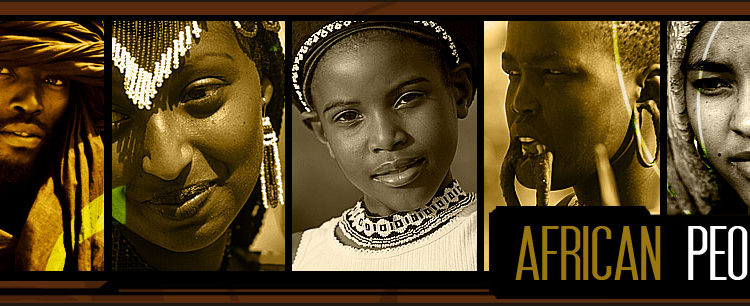

The Red Sea is not the Atlantic Ocean and cultures and trade have been passing between the two for millennia– Hakim Quick
This article was extracted from African Culture and is part of the African Holocaust series on African culture
What we chose to see as a united culture is purely subjective and politically motivated. That does not mean there is not an underlying texture or aesthetic found in African cultures North, South, East and West. But again all the arguments used to support why Akan and Khoisan share some deep relationship could equally be used to explain the cultural relationship between Semitic people’s of the world (Ethiopia, Arabia, etc).
Genetically African people are very diverse, so much so that an Ethiopian and a Zulu have more genetic variation between them than say a Chinese and an Indian, or an Persian and a German. Why would we assume culture would be the same? What force is working within the African continent to unify cultures, considering its complex barriers (Sahara, Ethiopian mountains, deserts of Southern Africa, Lakes, Jungles)? Why would ‘Africaness’ arrive at a desert in Mauritania and stop, yet continue to express itself from Senegal down to South Africa?
Any study of antiquity must take into account that Africa 5 minutes ago, 50 years ago, 500 years ago and Africa 5000 years ago is not static–‘Alik Shahadah
When we put a challenge to it we start to realize it is a figment of our imagination not really an anthropological reality. If language carries culture

Language divide
then already it is proving Africa is not a cultural monolith. If religion carries culture then already Islam’s distribution in Africa proves the monolithic notion has in flaws.
There is no such thing as African Purity, cultures smash through deserts and across trade routes, and they travel through immigration borders and disregarding our notions of geography and race. Throughout history, Africa has influenced, and been influence. Names, foods, cultures, religions have jumped between Asia and Africa from the dawn of humanity. Many names like Amiri, Baraka, Kimani, Shakur, Aaliyah, Rihanna, all have connections with the Islamic world (Africa, Persian, Turkey, Berber, and Arabia). Spellings often vary but it is often to specify the exact origin of the name. Also names appear in different languages differently such as John (English) and Yohannes (Ethiopian).
Some people have issues with putting boxes around people; however, the politics of agency demand that people with similarity do so in response to a world that does prejudice people and group them into boxes for easy oppression. Moreover, human behavior fundamental, for ease and function, has a natural habit of defining and naming creation. Who is a Muslim, who is a male, who is a female, where is Africa; all of these have definitions, which are critical in language and human behavior If the color red is blue to some people and green to another, then red as a color has no meaning.
MONOLITH
We often hear rhetoric such as the “original African spirituality of Africa”. But which Africa is this? Is it Africa when Europeans wandered into villages in Benin? Or is it the Africa of Aksum , Kmt and Songhai?
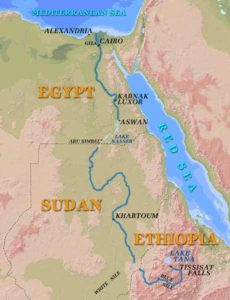
Ethiopia is closer to Arabia than SA
The treatment of Africa seems to imply a constant historical and cultural monolith that was at peace and pure before a certain set of invasions. How is the cultural shift from Ethiopia to Benin homogeneous while the cultures from Ethiopia to Yemen 22Km away are heterogeneous ? Linguistics alone tells of a completely different historical relationship. Gene flow tells of another complicated relationship to the so-called Middle East (Lemba, Ethiopia, Swahili, Somali, etc). However genes have been coming in and out of Africa since pre-history. Undue weight is given to genetics when we already know people did not sit still. Interaction in ancient times was no different from modern times, only that journeys took longer.
CULTURAL COMMONALITY
(This section introduces an argument for commonality)
Words have limits. Just try using only words to describe the smell of the perfume in an Ethiopian church. These limits of words to express what is African culture do not mean it is not there. So words can not express what makes something African from Ethiopia to Ghana. But the complete cultural package is recognized at some higher level by the viewer, as African.
The superstructure of the Western world elevates the individual over the society and therefore enshrines an ethic of one against others in a situation of existential tension. All institutions of the West predicate their existence on the assertion of the individual as unique even without the group. This is in direct contrast to what often happens in an African context where the person gains his or her meaning in the midst of community.– Moliefi Asante
African culture today is varied and diverse yet a common thread latches these diverse cultures into one African family. Diversity does not mean all of these cultures do not come under a central Pan-African umbrella because there is a perceived widespread psychological and cultural themes and patterns that there are unique to African people. This view of seeing a universality in Africa is admittedly a political one because of a common history and a common need for Pan-African unity.
In the same way reference is made to the Greek or Roman civilization, it must be quite appropriate and legitimate to refer to a particular strand of mind that is quite peculiar to Africa and which shapes the prevailing conditions or permits itself to adapt to those conditions. … (T)here is a distinctive feature about the African mind which seems to support the claim that the mind in Africa may not necessarily operate in the same strict pattern as minds elsewhere in the world…. (I)t is the way our mind functions and operates under certain conditions that we are able to arrogate to ourselves a peculiar status, social identification and geographical label–John Nyakoe-Nyasani
African culture is far greater than the sum of the individual parts. Regardless of ingredients, cultural identity is expressed through its core aesthetic. If one likens African culture to jazz, which contains drums, piano, and trumpet? These ingredients are not unique to jazz as Scandinavian music may have in the same ingredients but jazz is instantly recognizable and radically different from Scandinavian music. African culture may have in non-exclusive and global ingredients such as reverence for; ancestors, marriage traditions, spirituality, dance but how these various ingredients interact in both a tangible and intangible way constitutes the cultural uniqueness.
Senghor (1966), in comparing Africans and Europeans, argues that there is a unique African world view focused on what he describes as “being” and “life forces.” He writes The African has always and everywhere presented a concept of the world which is diametrically opposed to the traditional philosophy of Europe. The latter is essentially static, objective, dichotomous; it is, in fact, dualistic, in that it makes an absolute distinction between body and soul, matter and spirit. It is founded on separation and opposition, on analysis and conflict. The African, on the other hand, conceives the world, beyond the diversity of its forms, as a fundamentally mobile yet unique reality that seeks synthesis….This reality is being, in the ontological sense of the word, and it is life force. For the African, matter in the sense the Europeans understand it, is only a system of signs which translates the single reality of the universe: being, which is spirit, which is life force. Thus, the whole universe appears as an infinitely small, and at the same time infinitely large, network of life forces…”
This article was extracted from African Culture and is part of the African Holocaust series on African culture






